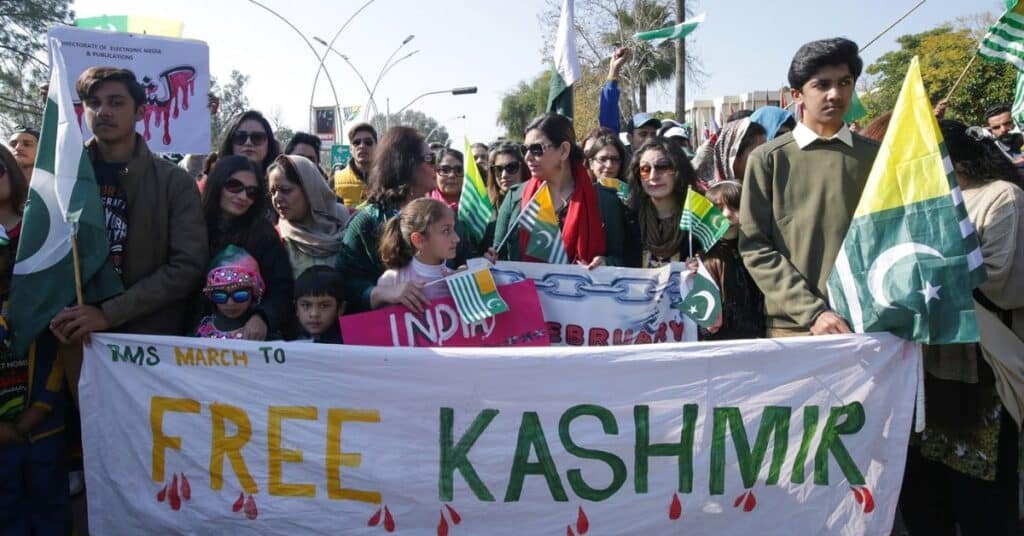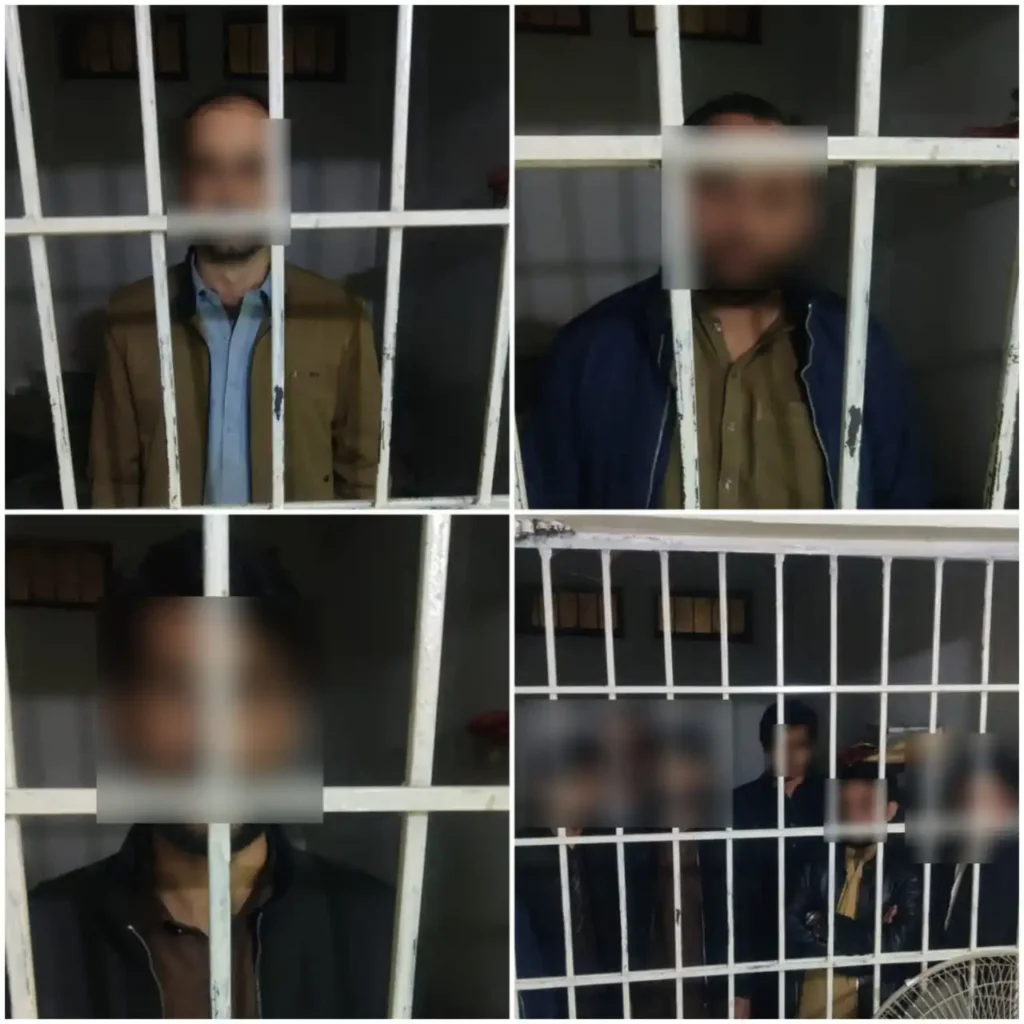Noor Alam Khan, a Member of the National Assembly (MNA) from Peshawar, has criticised the federal budget for the fiscal year 2025-26, which was presented today in the National Assembly. He described the budget as favourable to the elite while neglecting the poor masses, stating that it imposes taxes on ordinary citizens while exempting billionaires.
In an exclusive interview with Pakhtun Digital outside the National Assembly on Tuesday, MNA Noor Alam Khan expressed his concerns, saying, “There is nothing in the current budget for the poor. A poor person used to rely on a solar panel to run a fan, but with the new 18 per cent tax on solar panels, they will no longer be able to afford them for their electricity needs.”
He pointed out that the government has reduced taxes for individuals earning over 600,000, providing no relief for lower-income workers in grades scales 1-14, effectively benefiting the upper class.
Regarding the privatisation of institutions, he criticised the government’s decision to proceed without consulting the provinces and relevant stakeholders, fearing that it would adversely impact the public.
Khan claimed that individuals living in Islamabad bungalows were exempt from taxes, while the government continues to impose burdensome taxes on common people and small businesses.
Read also: Peshawar’s 500 million drug-free project crumbles amid allegations of corruption
Despite the allocation of crores of rupees for a drug-free Peshawar and the eradication of beggars in Khyber Pakhtunkhwa, the number of drug addicts has not decreased, nor has the number of beggars been reduced.
In the third phase of the drug-free campaign, tenders were awarded to five NGOs, but the previous tenders were not cancelled. The Chief Minister had directed that this program be managed by the Anti-Narcotics Force; however, in the third phase, the Anti-Narcotics Force was completely overlooked, and the responsibility was transferred to the Social Welfare Department.
There have been widespread allegations of corruption within this program. Initially launched in 2022, it received a total allocation of Rs. 180 million for the first and second phases, with more than Rs. 320 million allocated for the third phase. Despite this funding, significant progress toward making Peshawar “drug-free” has not been achieved.
Individuals admitted to rehabilitation centres undergo treatment for three months, but the majority relapse and resume drug use shortly after completing the program. To date, over four thousand people have been treated under this initiative. Considering the performance of the first two phases, the highest funds were allocated for the third phase, but drug addicts are still frequently seen in large numbers throughout Peshawar.
Despite a large-scale publicity campaign and substantial government spending, the program has not produced significant results, leading to concerns that the funds were wasted.
In addition, a separate initiative has been launched to address the issue of beggars in Peshawar, with an allocation of more than two crore rupees. However, the city’s intersections and roads remain crowded with beggars, many of whom have come from other cities.





